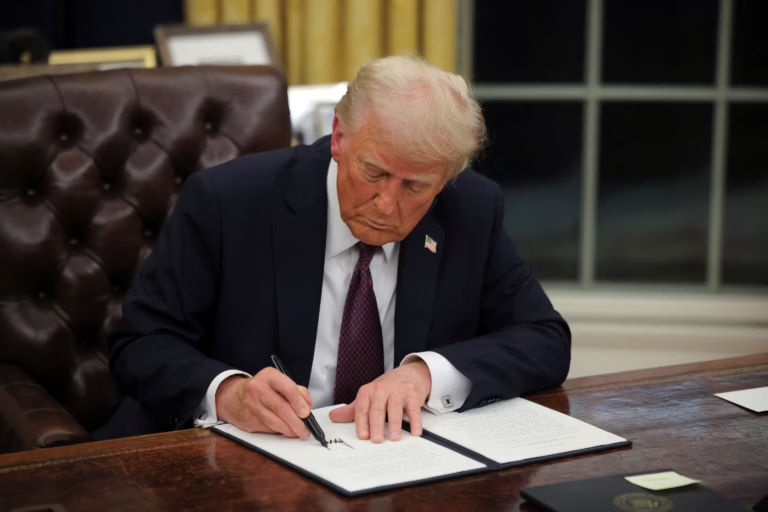In a move that has sparked controversy and raised legal questions, President Donald Trump recently signed an executive order refusing to enforce a TikTok ban for 75 days. This decision comes amidst ongoing concerns about national security and the relationship between TikTok’s parent company, ByteDance, and the Chinese government. The implications of this executive order are far-reaching and have significant consequences for both the tech industry and international relations.
Let’s delve deeper into the intricacies of Trump’s executive order on TikTok, examining the key points, potential impacts, and the broader implications for technology companies and government regulations.
Understanding the Executive Order
The executive order issued by President Trump directs the Department of Justice not to enforce the rule that requires TikTok to spin off from ByteDance or face a ban. By extending the deadline for ByteDance to sell its stake and undercutting penalties on American companies working with TikTok, Trump aims to buy time for his administration to determine the next steps regarding the app’s operations in the U.S.
Case Study: TikTok Ban Reversal
One of the most notable aspects of this executive order is the reversal of Trump’s previous stance on banning TikTok. In 2020, during his first term, Trump issued an executive order to ban TikTok due to national security concerns. However, with this recent order, he is attempting to circumvent a bipartisan law that went into effect earlier in 2025.
Expert Analysis: Legal Ambiguities and Challenges
Legal experts have raised concerns about the legality of Trump’s actions in pausing the TikTok ban. The law allowed for a 90-day extension if ByteDance announced a sale to a non-“foreign adversary” company before the deadline. However, the lack of a sale announcement and the ambiguity surrounding the extension’s validity have created uncertainty about the enforceability of the executive order.
Implications for Tech Companies
The implications of Trump’s executive order extend beyond TikTok and ByteDance. Tech companies like Apple and Google, which are covered by the law, face potential penalties for noncompliance. These companies must navigate the complex legal landscape and weigh the risks of reinstating TikTok against the possibility of facing substantial fines.
Practical Applications: Compliance and Risk Management
For tech companies operating in the U.S., compliance with government regulations and laws is crucial. In light of the TikTok ban saga, companies must prioritize risk management strategies, conduct thorough legal assessments, and stay informed about evolving regulatory requirements to mitigate potential liabilities.
Expert Insights: Balancing Legal Compliance and Business Interests
Navigating the intersection of legal compliance and business interests is a delicate balancing act for tech companies. While adherence to regulations is essential, companies must also consider the impact on their operations, partnerships, and reputation when making decisions related to government directives like the TikTok ban.
The Trump administration’s executive order on TikTok has ignited a debate about national security, foreign relations, and the role of government in regulating tech companies. As the situation continues to evolve, it is essential for stakeholders to stay informed, seek legal counsel, and assess the implications of government actions on their operations.
By understanding the complexities of Trump’s executive order on TikTok, tech companies can proactively address compliance challenges, mitigate risks, and make informed decisions that align with both legal requirements and business objectives. As the tech industry navigates this regulatory landscape, adaptability, transparency, and strategic planning will be key to managing the impact of government interventions on digital platforms and services.
Loading the Elevenlabs Text to Speech AudioNative Player…





